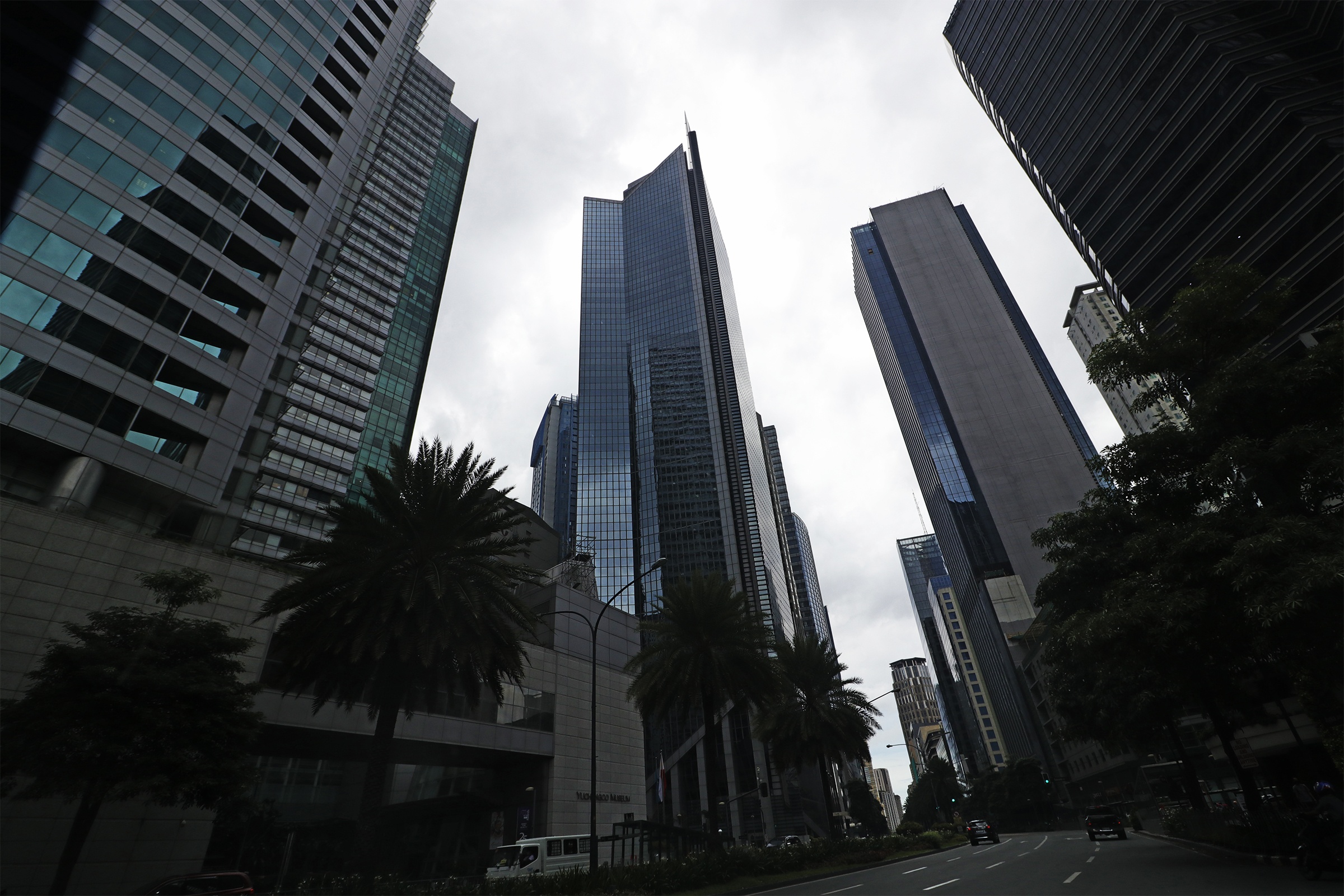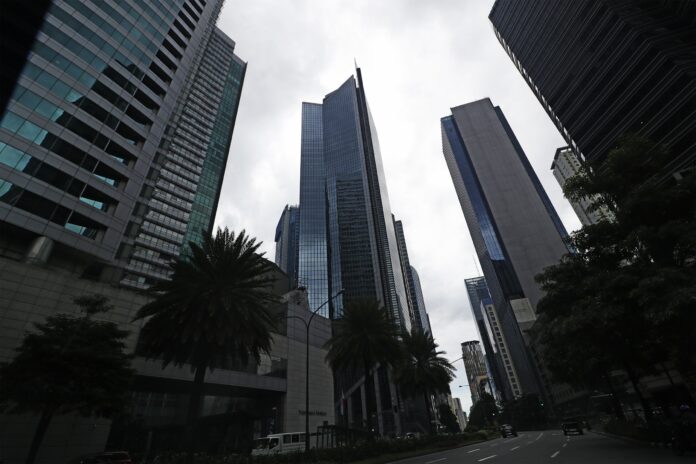
LONG-TERM investments made by foreign players to the Philippines continued to decline in November 2020, but a local economist said more of these job-creating investments are expected to come to the country in the next few months.
The Bangko Sentral ng Pilipinas (BSP) reported that foreign direct investments (FDIs) hit $537 million in November 2020, declining by 16.5 percent from the $643-million FDI recorded in November 2019.
FDIs are investments made by foreign players to the Philippines in the hopes of long-term return. Since these are in the country for a longer term compared to their short-term counterpart, the foreign portfolio investments (FPIs), FDIs usually create jobs for Filipinos and have a multiplier effect on the economy.
The November FDI inflow to the country brought the 11-month total direct investments to the Philippines at $5.8 billion, 10.8 percent lower than the $6.5 billion seen in the same 11-month period in 2019.
Despite the decline, November’s FDI contraction was slower than the 24.5-percent contraction posted in October 2020.
The BSP attributed this improvement to news of positive developments in Covid-19 vaccines. The BSP also said the recent contractions in net FDI inflows were largely affected by “concerns over the resurgence of Covid-19 cases” and “re-imposition of quarantine measures in some advanced and emerging markets.”
Broken down, foreign players’ net investments to the Philippines through equity capital declined by 57.3 percent to hit $66 million in November 2020 from the $155 million seen in November 2019.
Equity capital placements came mainly from the Netherlands, Japan and the United States, and were invested mostly in the financial sector, insurance, real estate and manufacturing industries.
The drop could have been larger, if not partially mitigated by the increase in foreign investors’ net investments in debt instruments, which grew by 3.8 percent to $415 million from the $400 million seen in the same period in 2019.
Reinvestment of earnings, however, fell by 36.5 percent to $56 million from $88 million in November 2019.
November is the third consecutive month that FDIs declined compared to their monthly inflows in 2019.
‘Resiliency manifested’
Despite this, Rizal Commercial Banking Corporation (RCBC) economist Michael Ricafort said the FDI data of the country in recent months “still manifested resiliency” as it is “consistently among or near pre-Covid-19 levels.”
Ricafort also said the Philippines could attract more FDIs in the coming months as economies reopen and investors look for places to put their money in.
“The improved economic and credit fundamentals of the Philippines in recent years, amid attractive demographics, with the 12th largest population in the world at about 110 million, would make the Philippines a compelling investment destination and additional hedge for the global supply chain of various global/multinational companies looking for increased growth/sales, thereby making the country as an attractive production and marketing hub, as well as an attractive entry point to the other free-trade agreement (FTA) partner countries of the Philippines,” Ricafort said.
“The worst for the FDI data and other major economic data could have been seen already at the height of the lockdowns in April 2020 up to early May 2020, in view of the gradual reopening of the local and global economies since the latter part of May 2020,” he added.
For the coming months, the economist said more FDIs into the Philippines would be sustained by major developments in the economy, including increased government spending, especially on infrastructure, that will generate more jobs, as well as the passage of reform measures, such as the Corporate Recovery and Tax Incentives for Enterprises (CREATE) Bill, the Financial Institutions Strategic Transfer (FIST) Act and the Government Financial Institutions Unified Initiatives to Distressed Enterprises for Economic Recovery (GUIDE) bill, among others.
Ricafort, however, warned of offsetting risk factors to the FDI inflows, such as new coronavirus strains or variants that are more contagious and which could lead to more travel restrictions and renewed lockdowns.

